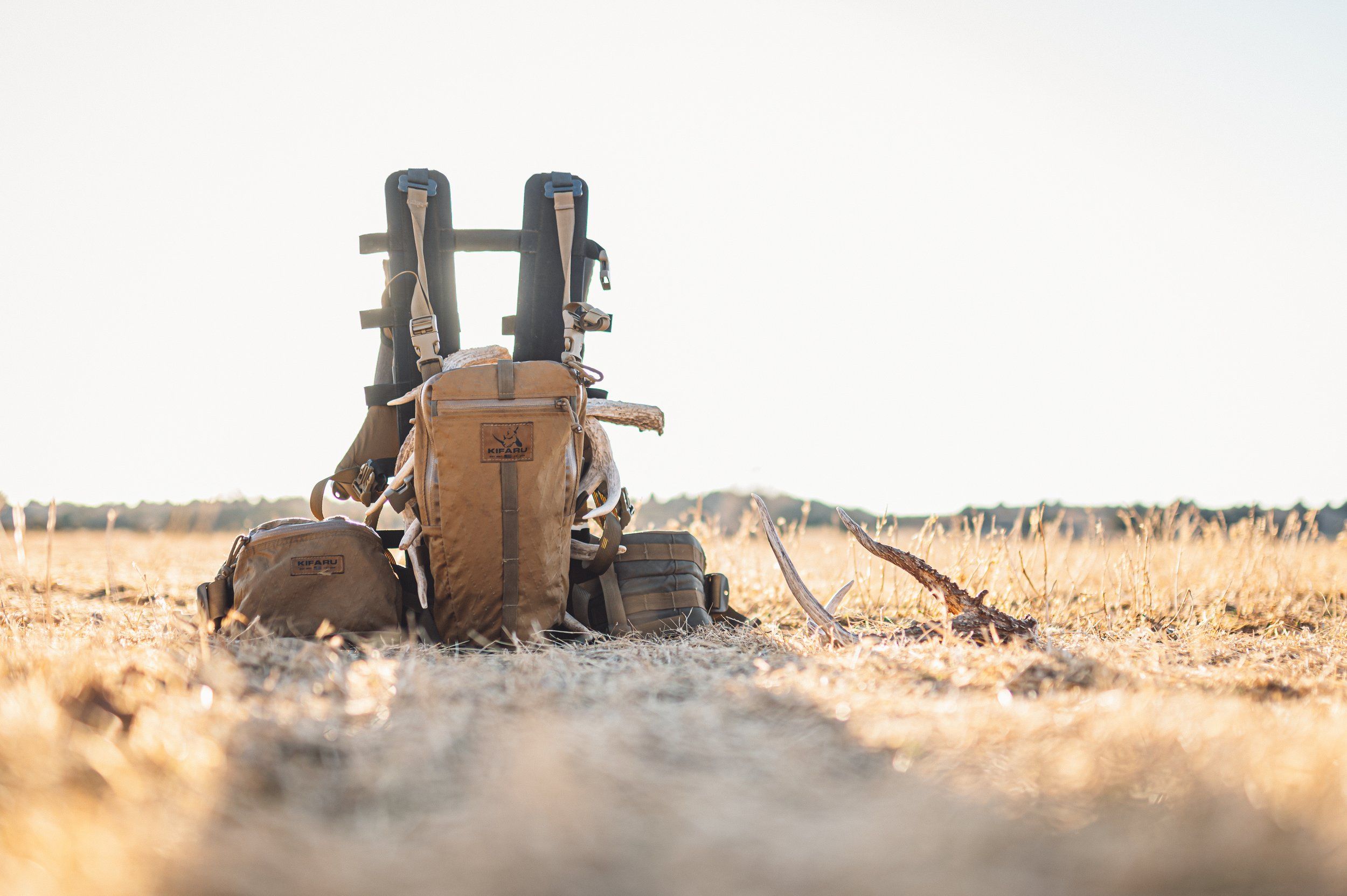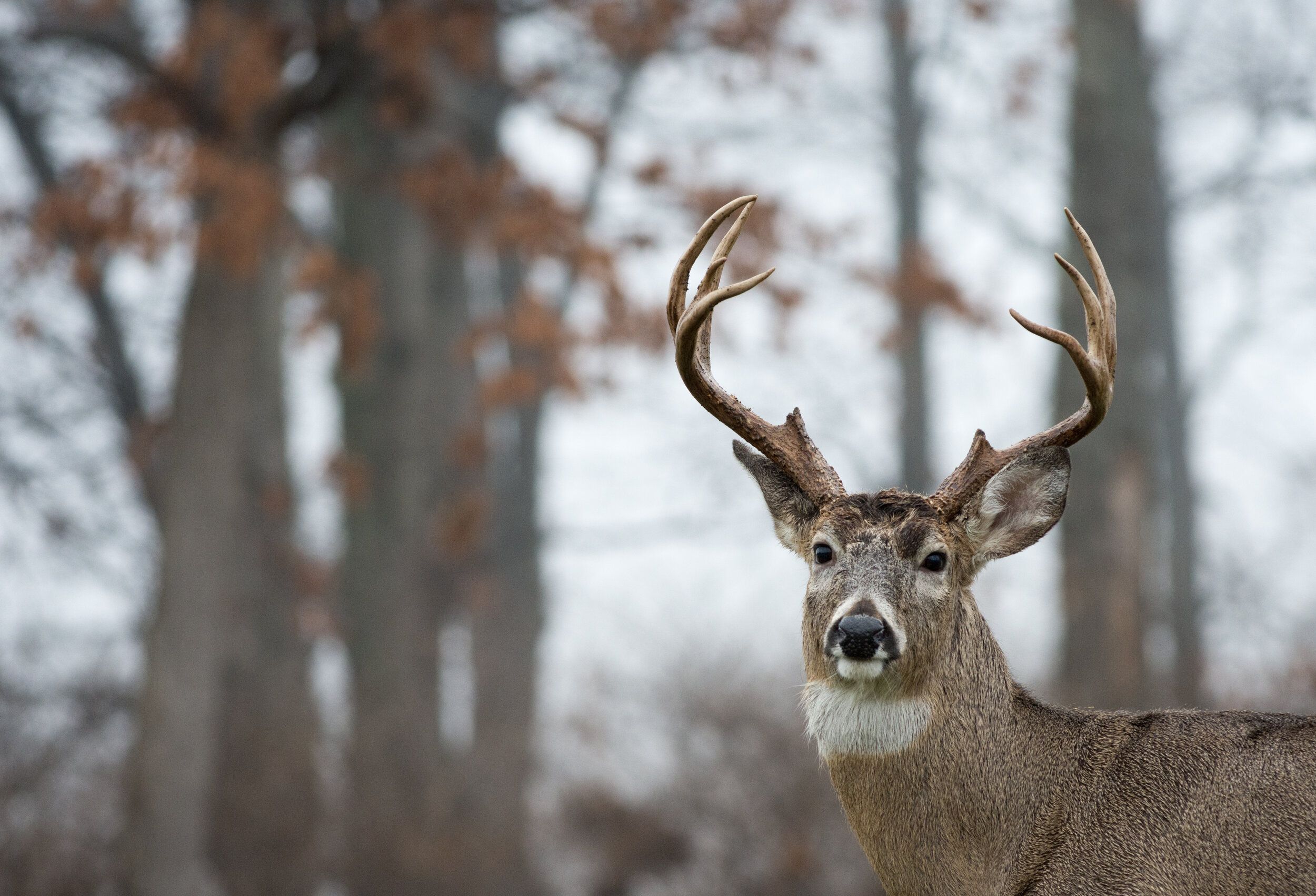Field Guide / Bear
Best Times to Hunt Waterfowl
There are a variety of waterfowl that are hunted in North America, with the most common being mallards. They can be found on every continent except for Antarctica and are frequently hunted near bodies of water such as rivers, lakes, ponds, swamps, and oceanic coastlines.
Previous in Bear
More Content Like This
The HuntWise Shed Hunting Guide
Nature will never cease to amaze, and the lifecycle of an animal's antler is one of nature's miracles. Read More
Read MoreHarvesting Big Bucks Post Rut
Chief wildlife biologist and whitetail deer researcher Dr. Mickey Hellickson conducted a whitetail study at the King Ranch in Texas in the late 2000’s that is highly looked upon. This study lasted about 2 years and was on a ranch consisting of 8,000 ...Read More
Read More
The Guide to Georgia Hunting Seasons 2024
We know the excitement of a new hunting year all too well. The HuntWise team stays ready for turkey, deer, and other hunting seasons, and we know you probably do, too. Read More
Read More Bear
BearThe HuntWise Shed Hunting Guide
Nature will never cease to amaze, and the lifecycle of an animal's antler is one of nature's miracles. Read More
Read More Bear
BearHarvesting Big Bucks Post Rut
Chief wildlife biologist and whitetail deer researcher Dr. Mickey Hellickson conducted a whitetail study at the King Ranch in Texas in the late 2000’s that is highly looked upon. This study lasted about 2 years and was on a ranch consisting of 8,000 ...Read More
Read More Bear
BearThe Guide to Georgia Hunting Seasons 2024
We know the excitement of a new hunting year all too well. The HuntWise team stays ready for turkey, deer, and other hunting seasons, and we know you probably do, too. Read More
Read More
1 of 3
